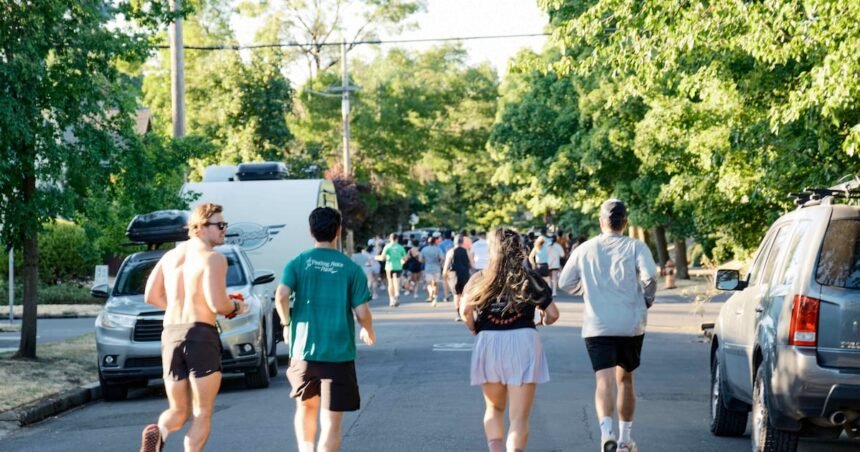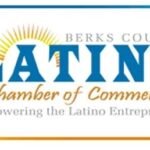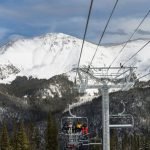In the predawn darkness, a group of runners gather in the streets of Portland. They’re not just training for Hood to Coast, Oregon’s iconic 196-mile relay race, they’re part of a movement to transform what running communities look like and who feels welcome in them.
On a recent episode of the Peak Northwest podcast, Cristian Vargas, founder of Caminando Running Club, shared the story behind creating a Hood to Coast team specifically focused on the Latino community — a decision born during his own midnight run at last year’s relay.
- Generative AI was used to summarize a recent episode of the Peak Northwest podcast. This story was reviewed and edited by The Oregonian/OregonLive.
“We want to help people understand that just because we’re brown, just because we’re Latinos does not change the fact that we have the same capabilities as everybody and anybody else,” Vargas explained. “The only thing that’s dividing us is color. And we want to help people understand that just because we’re different color, speak a different language doesn’t mean that we don’t deserve a space in the sport of running. We can also belong here.”
Even in Portland’s vibrant running scene, Vargas felt something crucial was missing.
“The big difference is that there was no tradition,” he explained. “Like there was nothing that was connecting us to those run clubs. So I figured, you know what, we have tradition, we have culture. How can we build and connect more of our community outside of just work, outside of family gatherings, something where they feel physically motivated to do good for themselves?”
This vision of inclusivity goes beyond representation, it’s about creating authentic connections between cultural identity and athletic pursuits. For many in the Latino community, running hasn’t traditionally been presented as something “for them,” Vargas said. He is trying to change that narrative by deliberately infusing cultural elements and traditions into the training experience.
The podcast highlighted how this approach has created something special: a team whose motto “La meta is easy. El resto is consistency” (the goal is easy, the rest is consistency), which reflects a deeper philosophy about consistency and commitment that resonates with cultural values.
Co-host Chiara Profenna, who is running the relay this weekend, has been training with Vargas all spring in preparation.
Building community isn’t just about cultural connection, it’s also about accessibility. Vargas addressed another critical barrier: cost. Hood to Coast team registration alone costs $2,400, with total expenses reaching around $5,100 when all logistics are considered, he said.
“I don’t want cost to be a barrier for people to participate,” Vargas said. “That’s why a lot of people don’t participate in things.”
His commitment to accessibility has required securing sponsors and creating innovative approaches to funding, all part of the mission to ensure everyone who wants to participate can.
The podcast conversation revealed how something as seemingly straightforward as a running club can become a powerful vehicle for social change, creating visibility, building community pride and demonstrating excellence in spaces where representation has been lacking.
Here more from Cristian Vargas in the full episode of the podcast:











